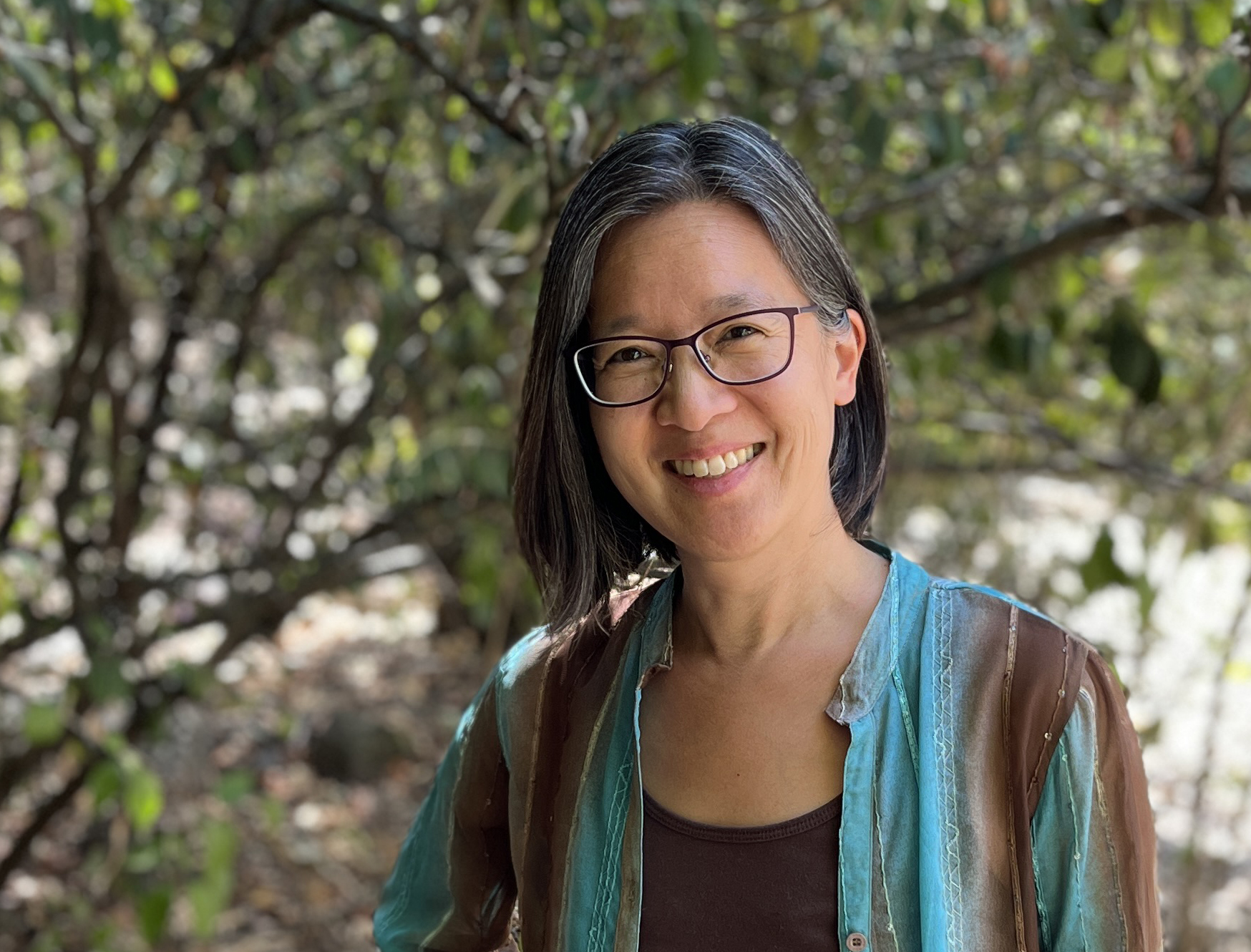
The Practice of Questioning: Do you need to hire a fundraiser? By Delphine Lai
Twentieth-century thinking around art and money implies that fundraising is a simple path: when artists need money to create or share their work, those artists just need to start fundraising. The fundraising path seems straightforward and linear. If you hire a fundraiser, this person will ask individuals for donations, maybe write a couple of grants, host an event, and then you will have money. But today’s arts organizations, artists, and nonprofit administrators will quickly agree that contributed revenue never comes so easily, regardless of the artwork, tax distinction, operating model, or geographic location.
This outdated approach to fundraising is predicated on two major assumptions:
1) Resources = Money; and
2) The artist has an incorporated nonprofit model with full-time staff to do the work.
This approach is based on centuries of giving to churches and centuries of unequal wealth distribution that resulted in the practice of arts patronage – wealthy individuals supporting artists. This approach is also rooted in an outdated visual arts model where a single artist just needs materials and time to create new work, so money = supplies, and artist + supplies + time = new work.
As the arts landscape continues to evolve, fundraising practices need to evolve as well. Most artists don’t have full-time staff, and artists need more than just money. For the dance field, national tours and home seasons are no longer the de facto goals of artistic practice. Dancemakers are embracing artistic activism, creative placemaking, site-specific performances, and a wider variety of dance forms. Community partnerships, access to studio space, and administrative support are just a few of the resources that can have more impact than a monetary gift. Furthermore, the singular choreographer/artistic director model with a full-time company is not the norm. In 2016, the New England Foundation for the Arts (NEFA) National Dance Project published Moving Dance Forward, a report marking twenty years of their program. Of the artists who participated in the research surveys, eighty percent reported they were operating on a project-based model, likely meaning that these artists are not 501(c)3 incorporated nonprofits. These artists are likely paid on a contractor basis rather than salary, and they are likely working double-duty as both choreographer and administrator. Some artists may engage freelancers for administrative assistance, but most do not have full-time administrative staff. These project-based choreographers are living and working from grant to grant, gig to gig. It is clear that artists are working in new ways. Therefore, administrative strategies should shift as well.
The arts world – our field, our leaders, and our workforce in and outside the studio – already has creative tools. We need to unlearn and question the best business practices we have been told to do in order to use our creative thinking and more effectively support our art.
Instead of assuming that a fundraising professional will solve all revenue needs, what are your resources? Who are the people already in your circle? Where can you experiment with fundraising? You don’t need to upend all of your practices tomorrow. Feel free to start small. Identify funding opportunities and deadlines beyond your control, but also make space for
experiments with grantmaker relationships, individual outreach, in-kind support, earned income, network development, and strategic partnerships.
Because creativity should extend beyond the studio and the stage, and because administrative thinking should mirror artistic vision. Rather than simply hiring a fundraiser and seeking the same answers, we need to start asking new questions.
Adapted from “The Practice of Questioning and Generating Revenue,” written by Delphine Lai and Christy Bolingbroke from Artists on Creative Administration: A Workbook from the National Center for Choreography, edited by Tonya Lockyer, to be published September 24, 2024. NCCAkron Series in Dance. Copyright © 2024 by The University of Akron Press. Reprinted by permission.
Delphine Lai is the founder/principal of Del Arts Consulting, and Christy Bolingbroke is the Executive/Artistic Director of the National Center for Choreography-Akron. ArtsNow has partnered with NCCAkron to share case studies from this new book and beyond. Join us on September 26, 2024 for a book launch event!